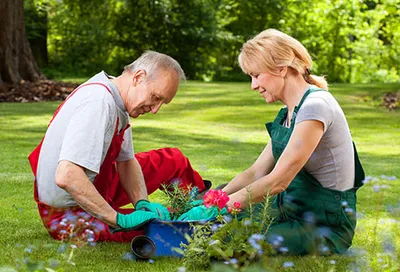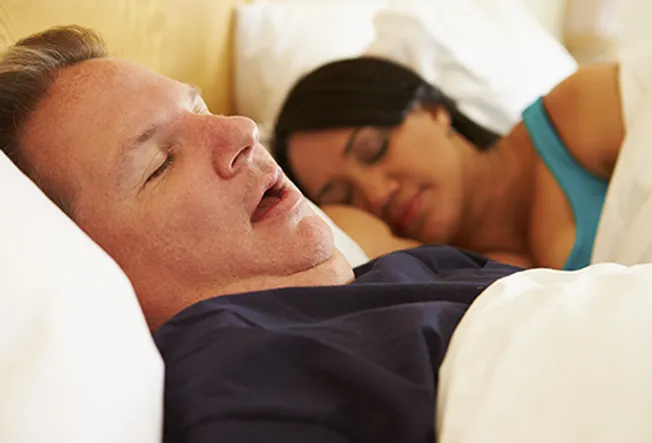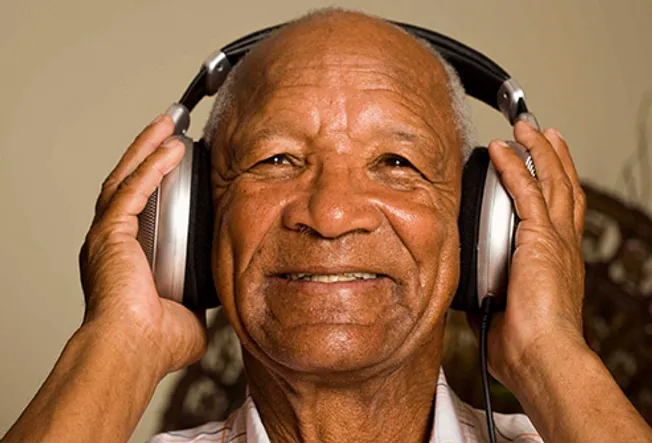10 Tips to Fight Arthritis Fatigue

You’ve heard about garbage in, garbage out. Here’s what it means for your body: What you put into it can have a big effect on your energy levels. Eat plenty of lean protein, whole grains, and fresh fruits and vegetables. Stay away from sugary, starchy items that give you a short-term boost and then leave you drained. Have your doctor check to make sure you’re getting enough iron and vitamin D.

Energy is like money: You have to spend it to make it. That means moving your body on a regular basis. Get your heart moving with low-impact aerobics, like walking or swimming. Power up with strength-training moves, too. Choose something you enjoy so you’ll keep doing it. Start slow and work yourself up to a half hour a day, 5 days a week. But talk to your doctor or a physical therapist before you start a new exercise program. If you don’t do it right, you could make your symptoms worse.

Don’t make things worse by trying to do too much. Pace yourself. Break down big tasks into smaller sets of goals. Aim for short spurts of high-energy activity with periods of easier, more restful tasks. Stop before you get tired.

Zap fatigue by getting plenty of Zzz’s. To set yourself up for a good night’s sleep, you need to start long before bedtime:
o Eat your evening meal at least 3 hours before you turn in.
o Skip caffeine, nicotine, and alcohol at night. You might think they’ll relax you, but they make it harder for you to nod off -- and stay asleep.
o Take a warm bath to relax.
o Listen to soft music or read before you call it a day.
o Set a routine: Go to bed at the same time each night and wake up at the same time each morning.
o Sleep in a quiet, cool, dark room.

Are you overweight or a heavy snorer? A disorder called sleep apnea might be keeping you awake at night and making you tired the next day. If you think you might have it, talk to your doctor about a sleep study. It's a test that can help her figure out what's keeping you from getting good shut-eye.

Find your personal energy boosters. Make a playlist of upbeat music. Step outside into the sunshine. Take a short walk break at work. Keep good-for-you snacks like fresh fruit or nuts on hand. Drink plenty of water to keep your brain and body hydrated.

Drowsiness and fatigue can be side effects of the medications you’re taking. Talk to your doctor about how tired you are. Don't adjust your dosage or stop taking your meds. Changes in fatigue could mean there’s been a change in your disease. It may be time to try a different medication.

Don’t pack your calendar with things to do. Make time for what you really enjoy. Become an expert at saying no to the things that tire you out. This will be a lot easier if you tell your friends, family, and colleagues about your fatigue. The more they get what you’re dealing with, the easier it will be for them to support you.

Fatigue is also a symptom of depression, which is more common among people who have long-term (chronic) diseases like psoriatic arthritis. To help break the cycle, you can learn and practice new ways to deal with stress and anxiety. Talk therapy has helped many people get their energy back. Meditation and relaxation techniques can also help.

The inflammation that comes with psoriatic arthritis can tire you out. Your body’s churning out the same chemicals that make you feel bad when you have a cold or the flu. So take your meds when and how the doctor tells you to, and they’ll help you feel better. If they don't, talk to him about finding a new treatment.